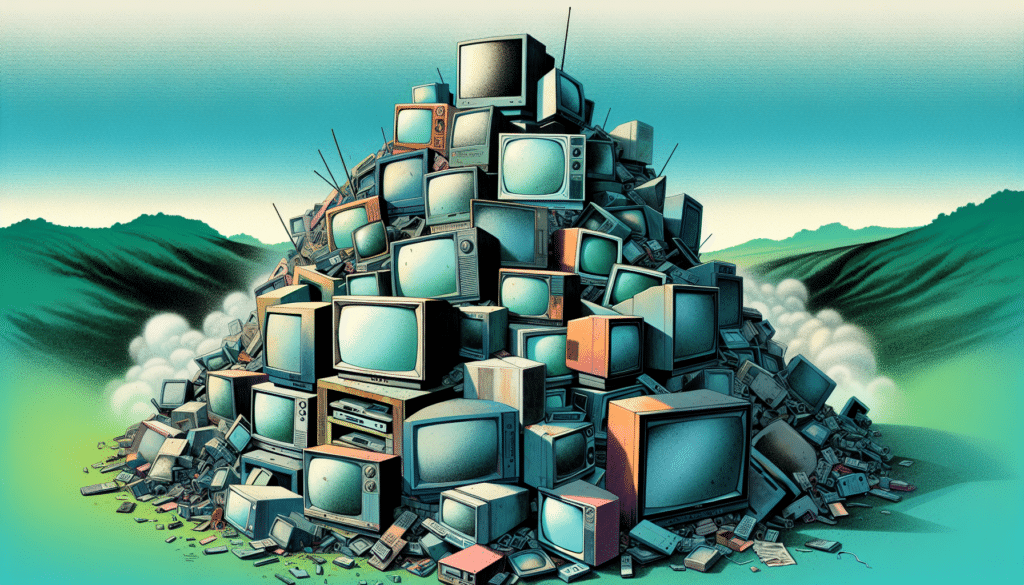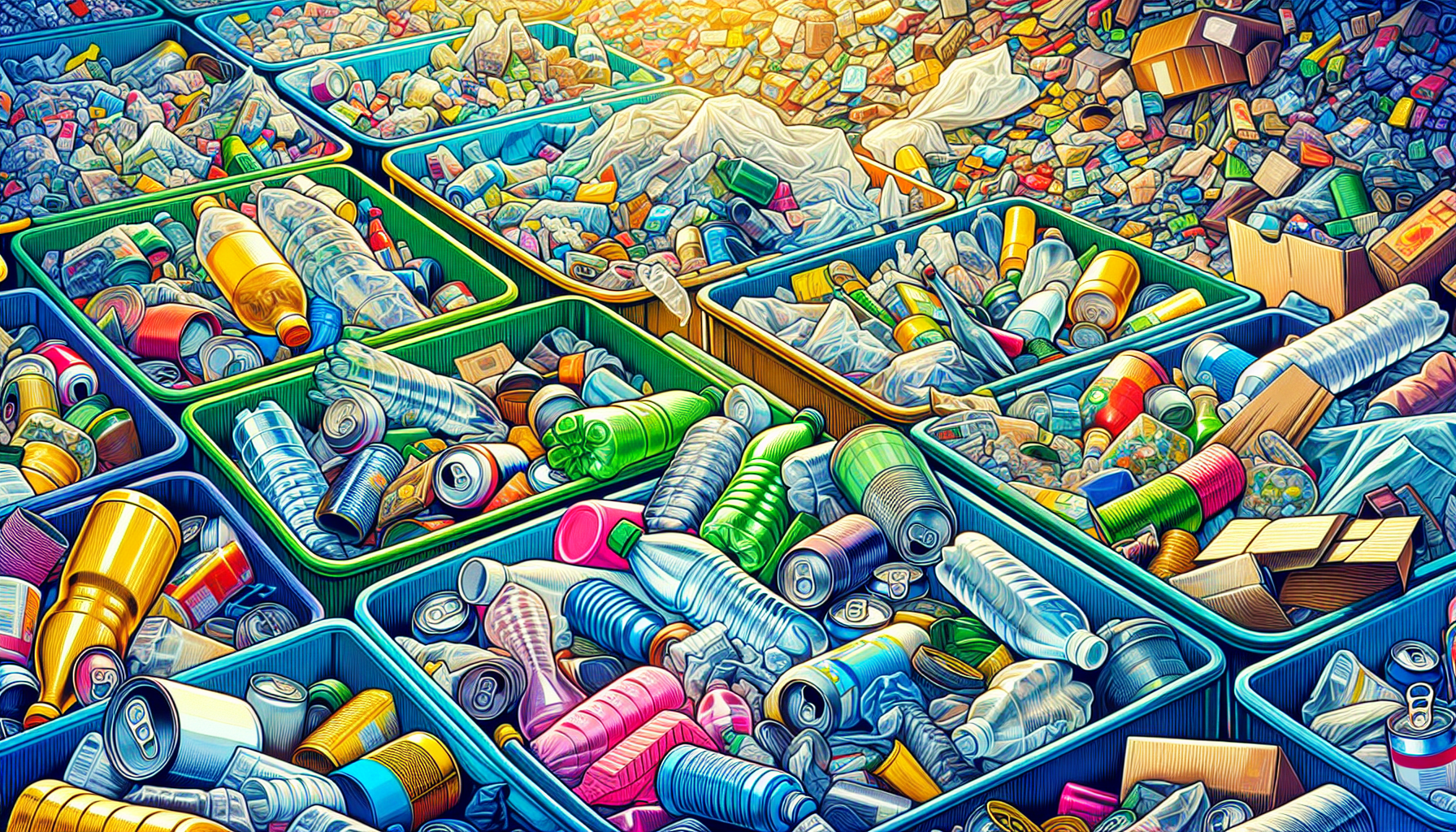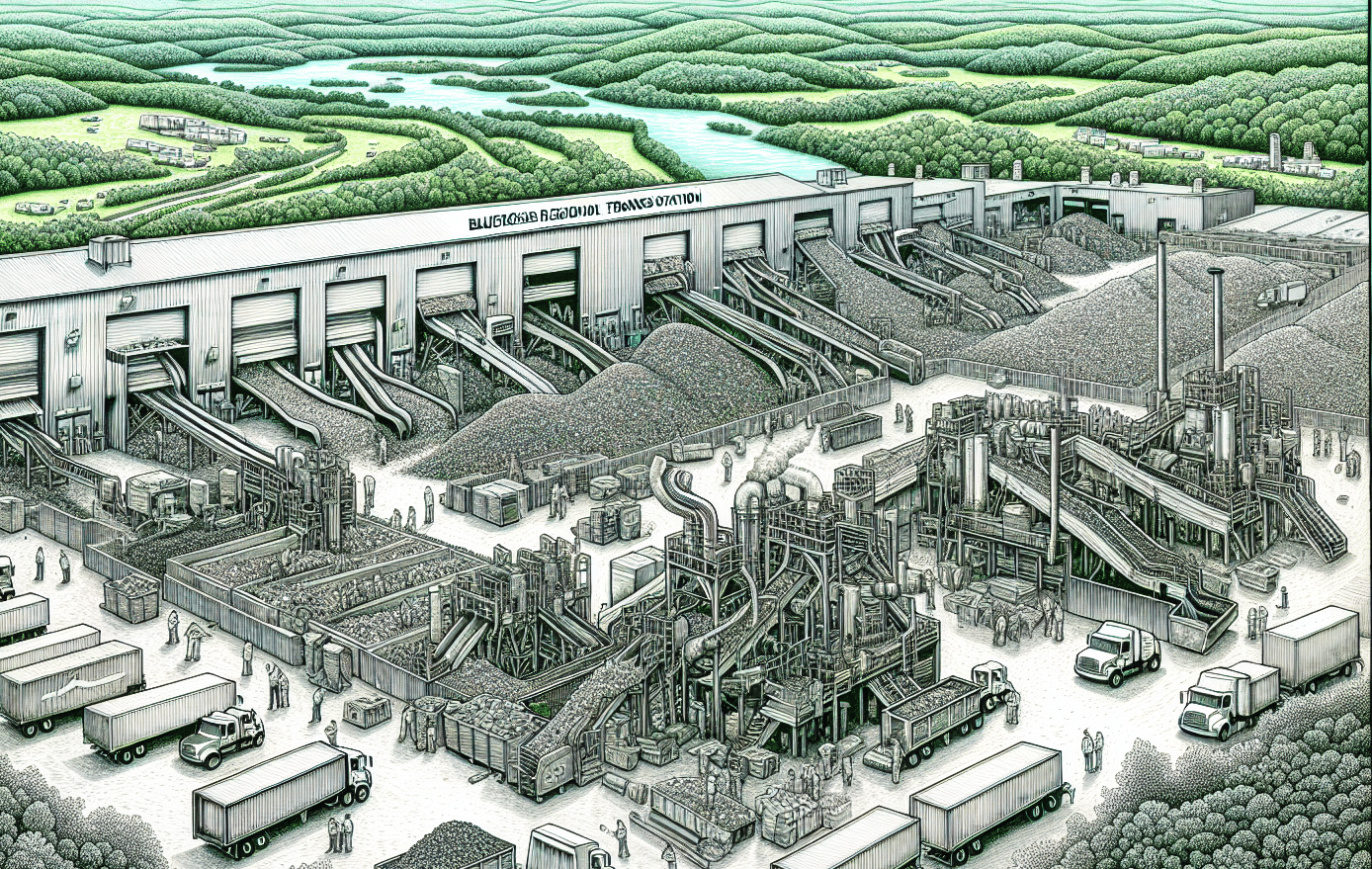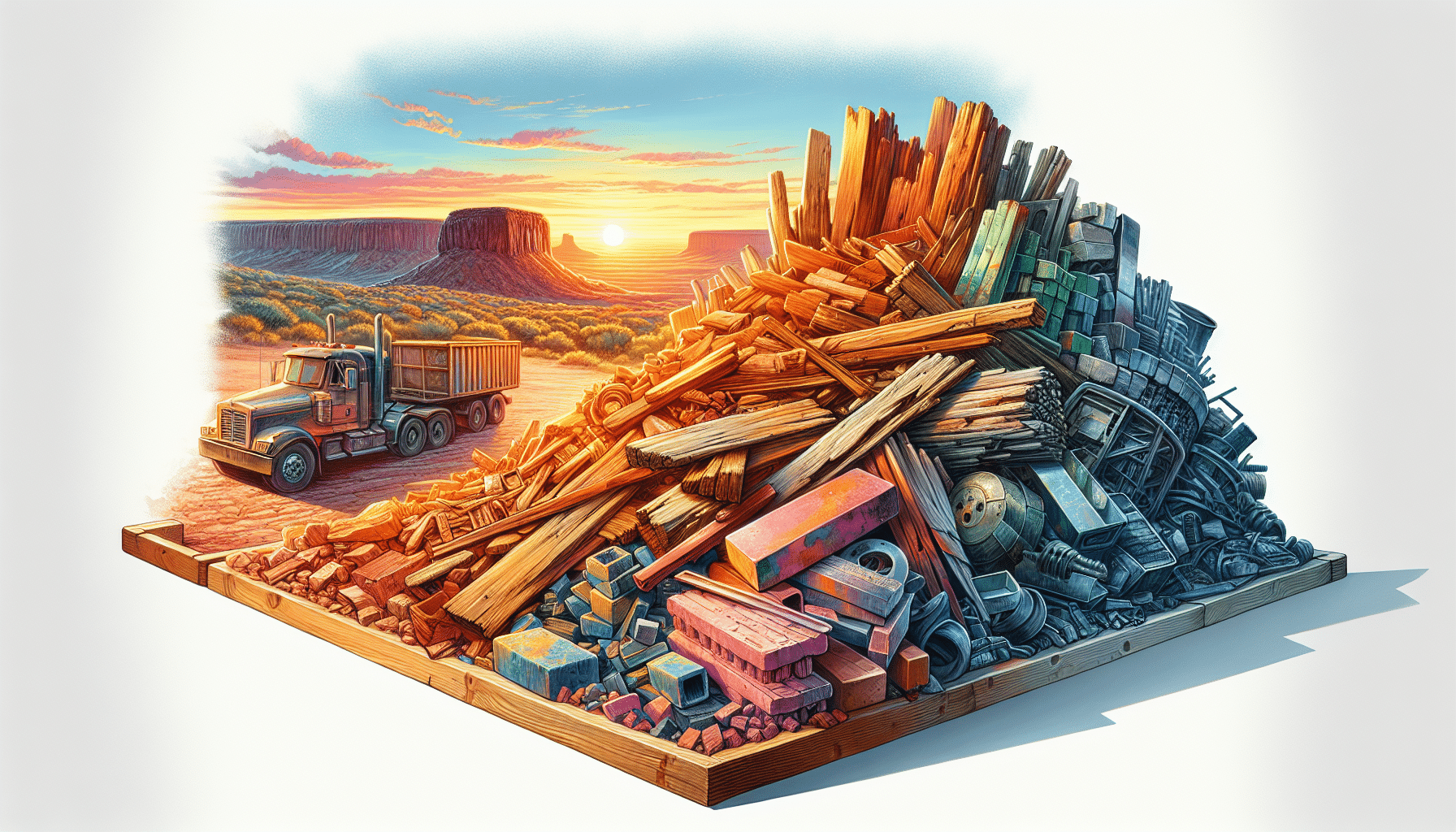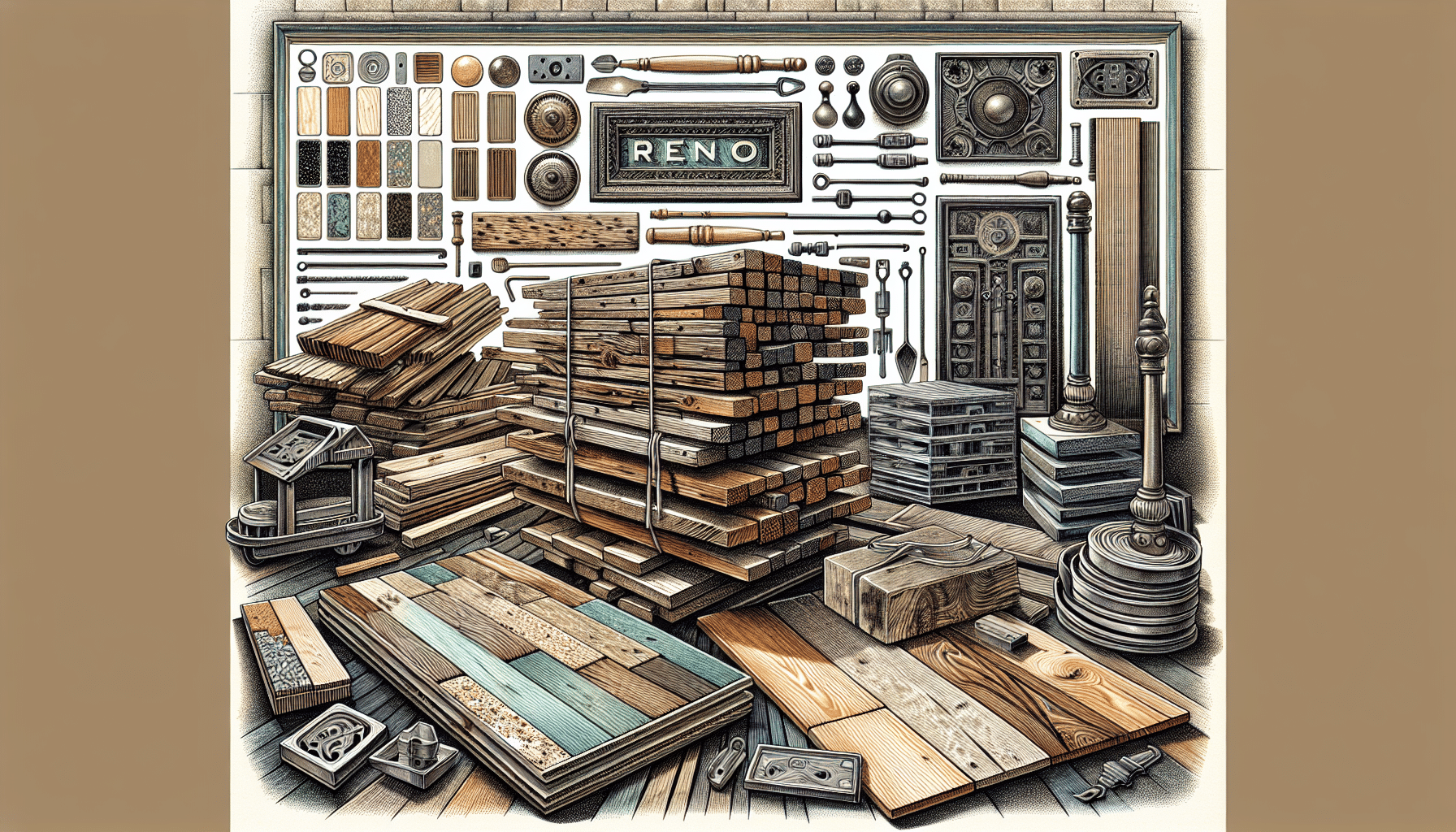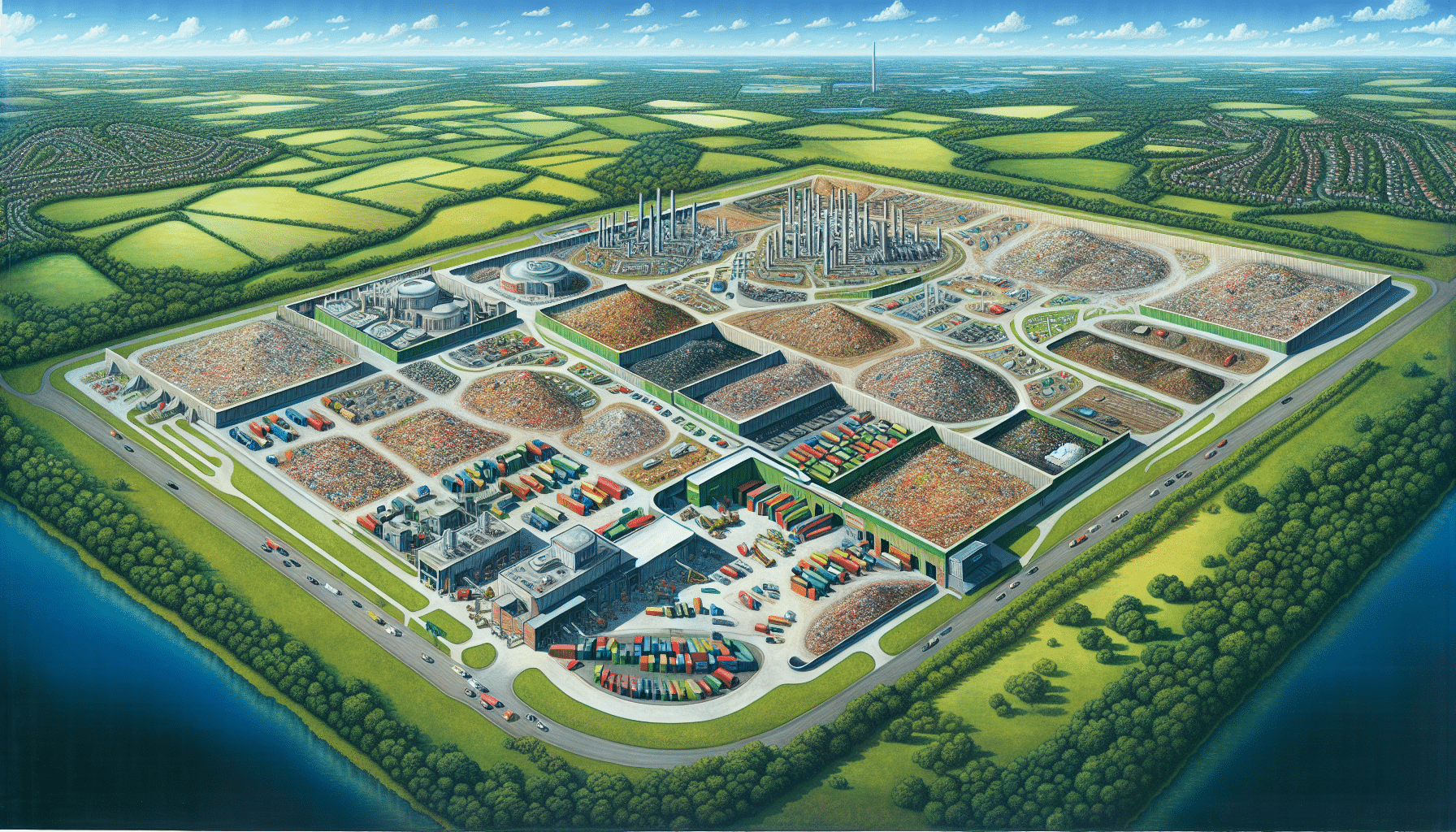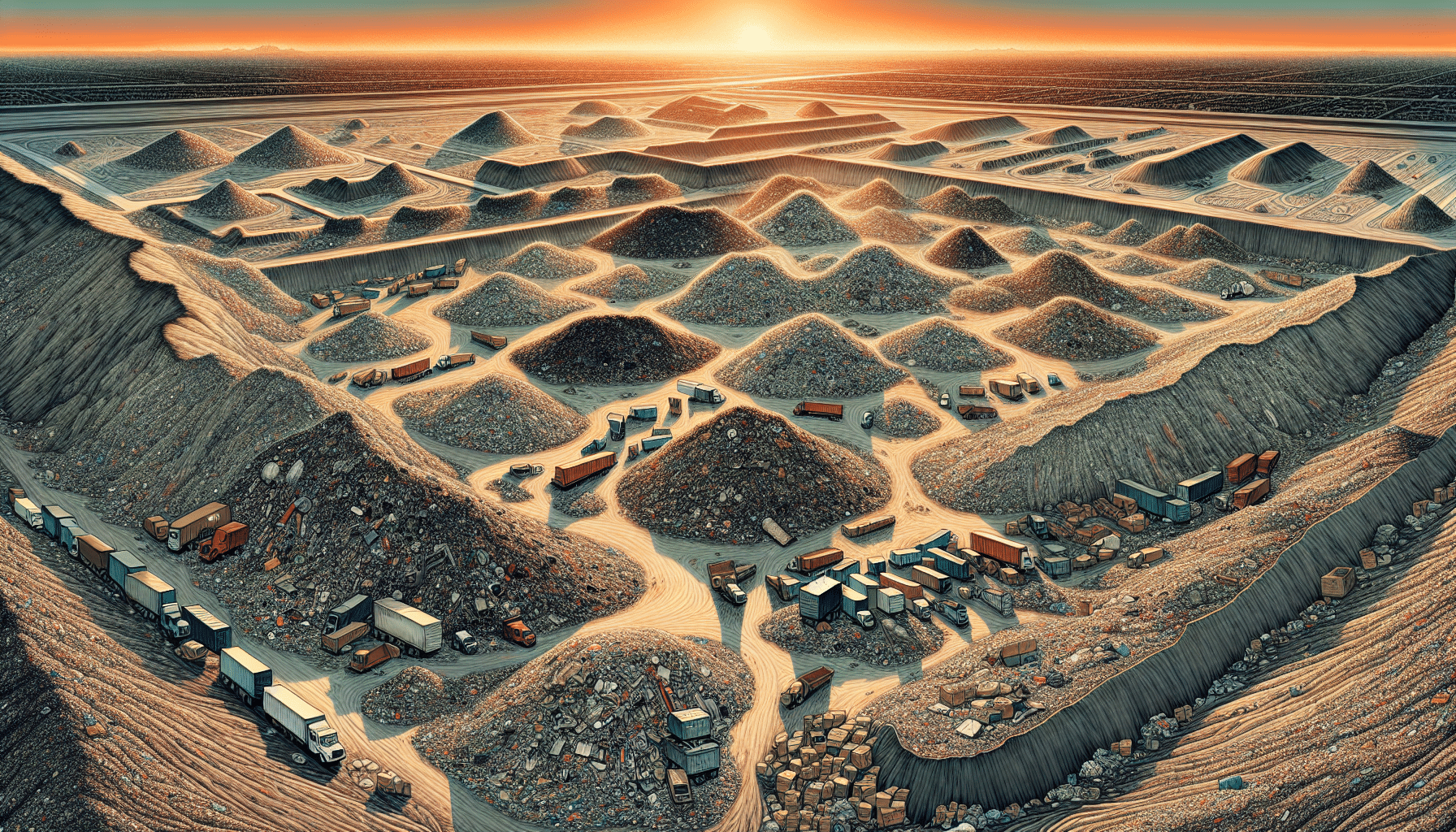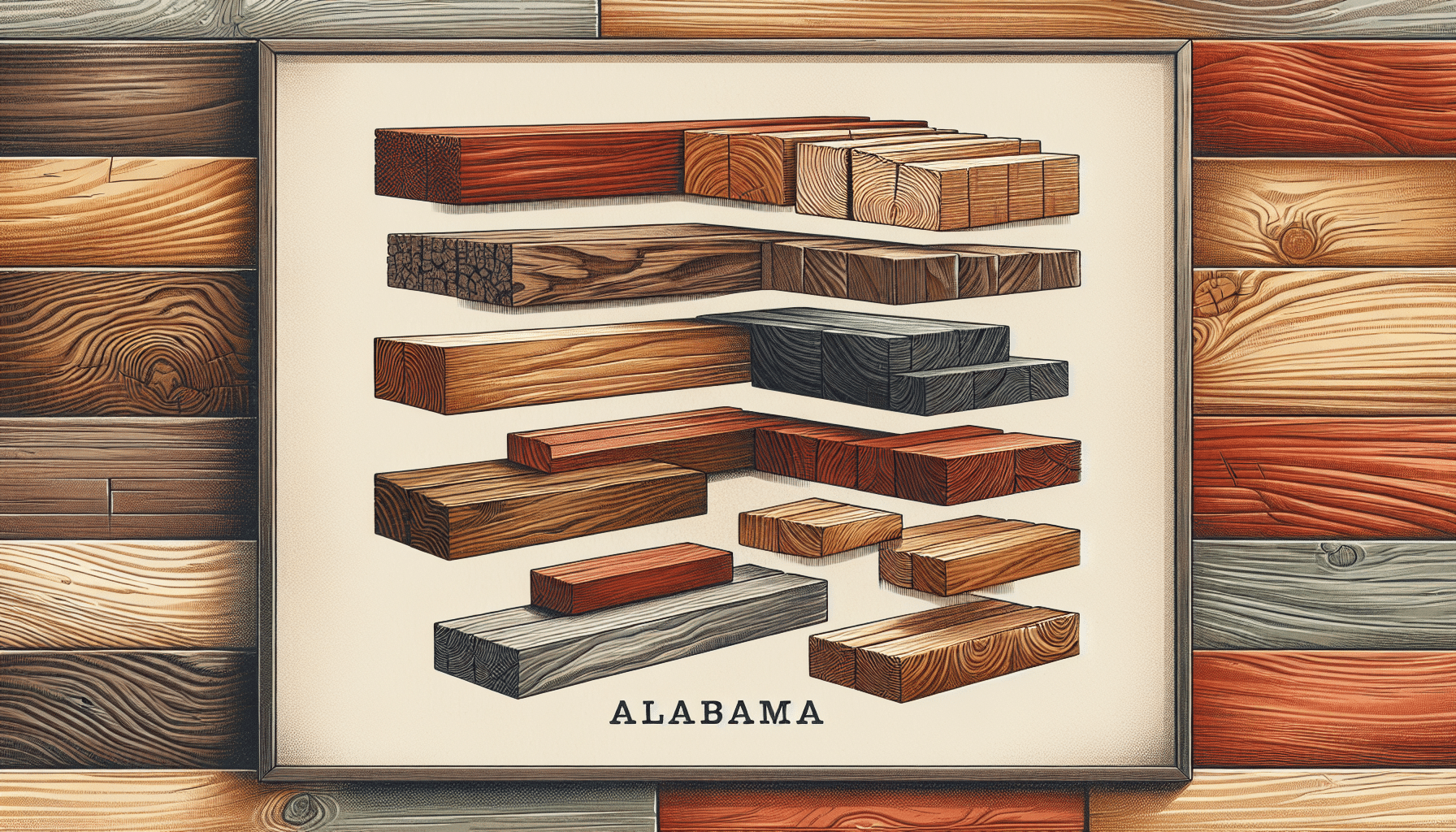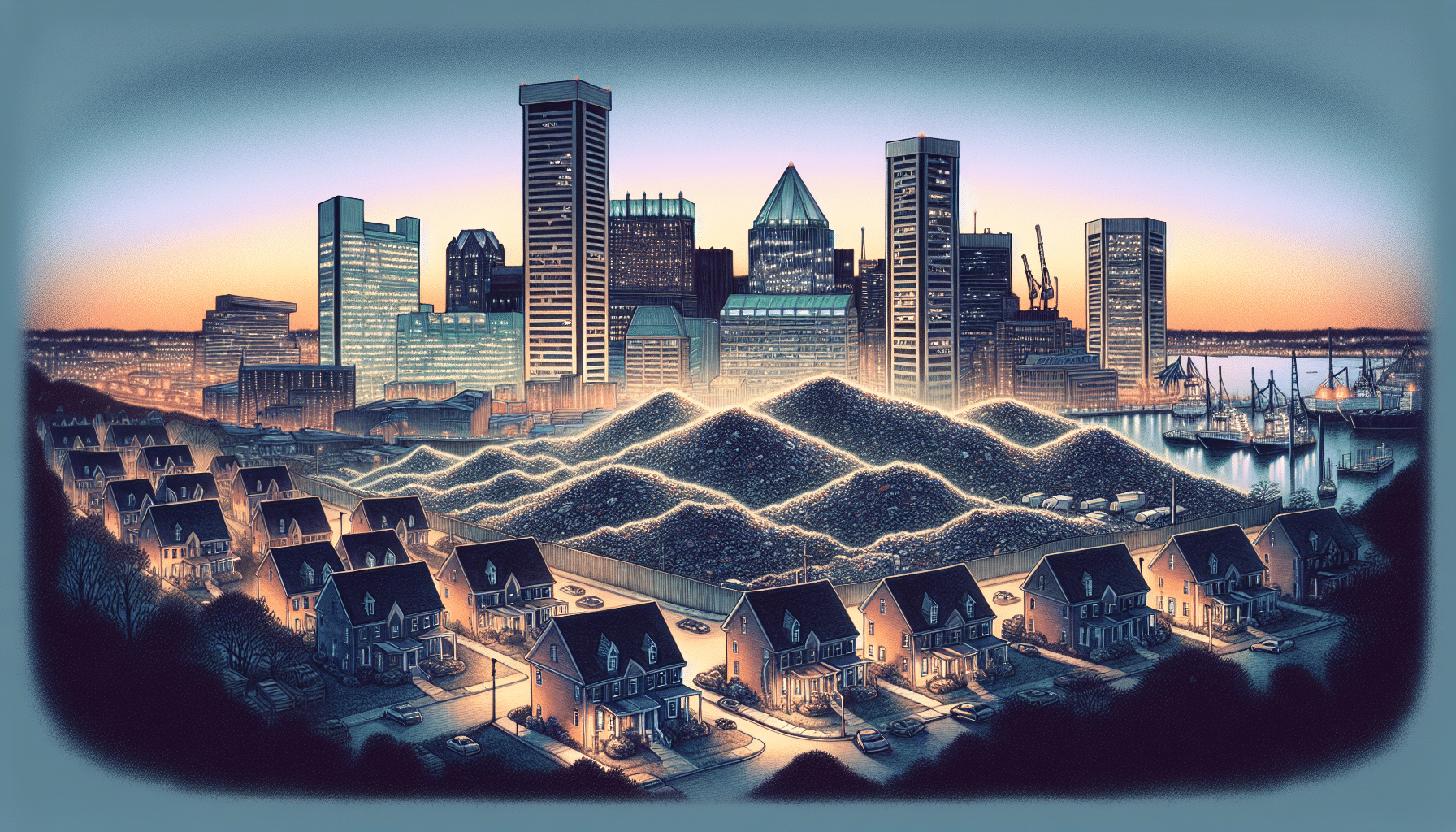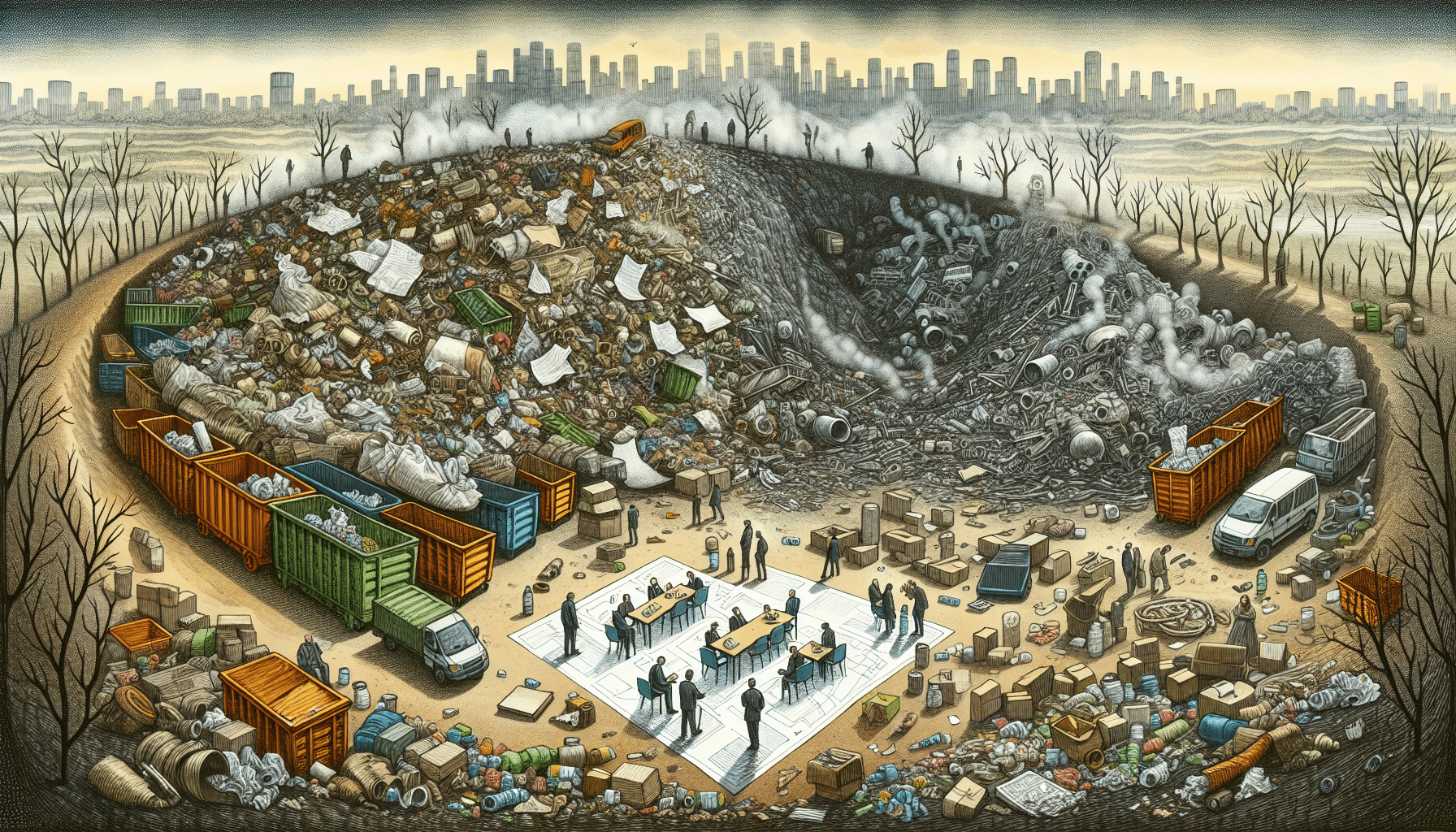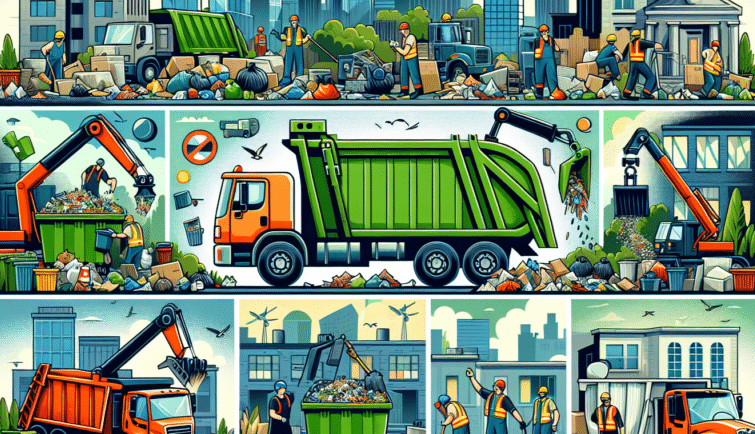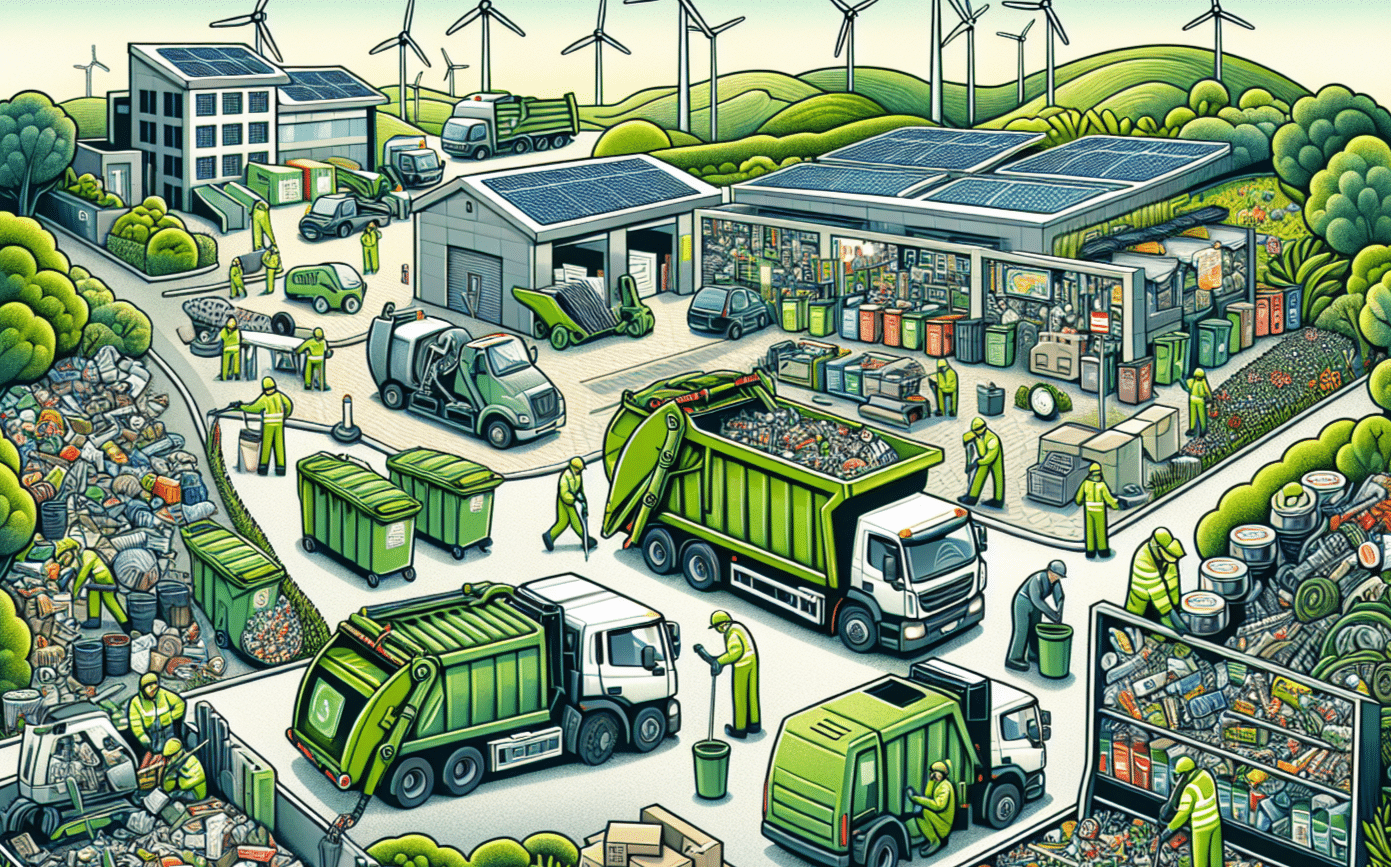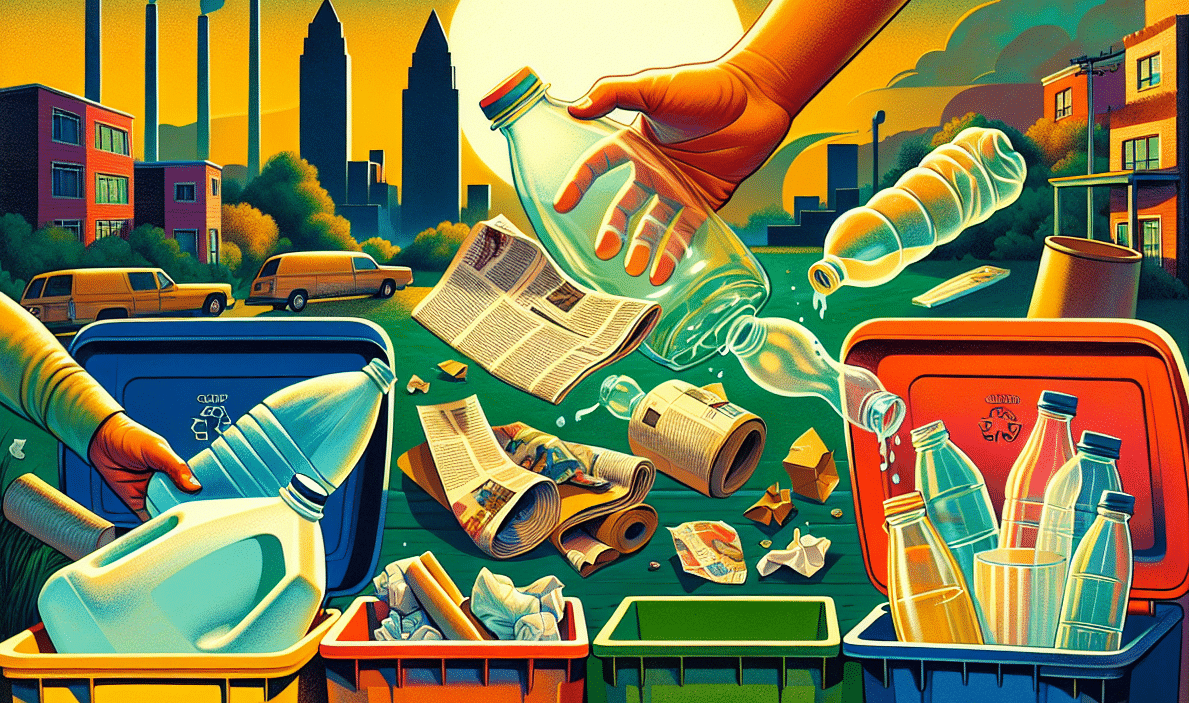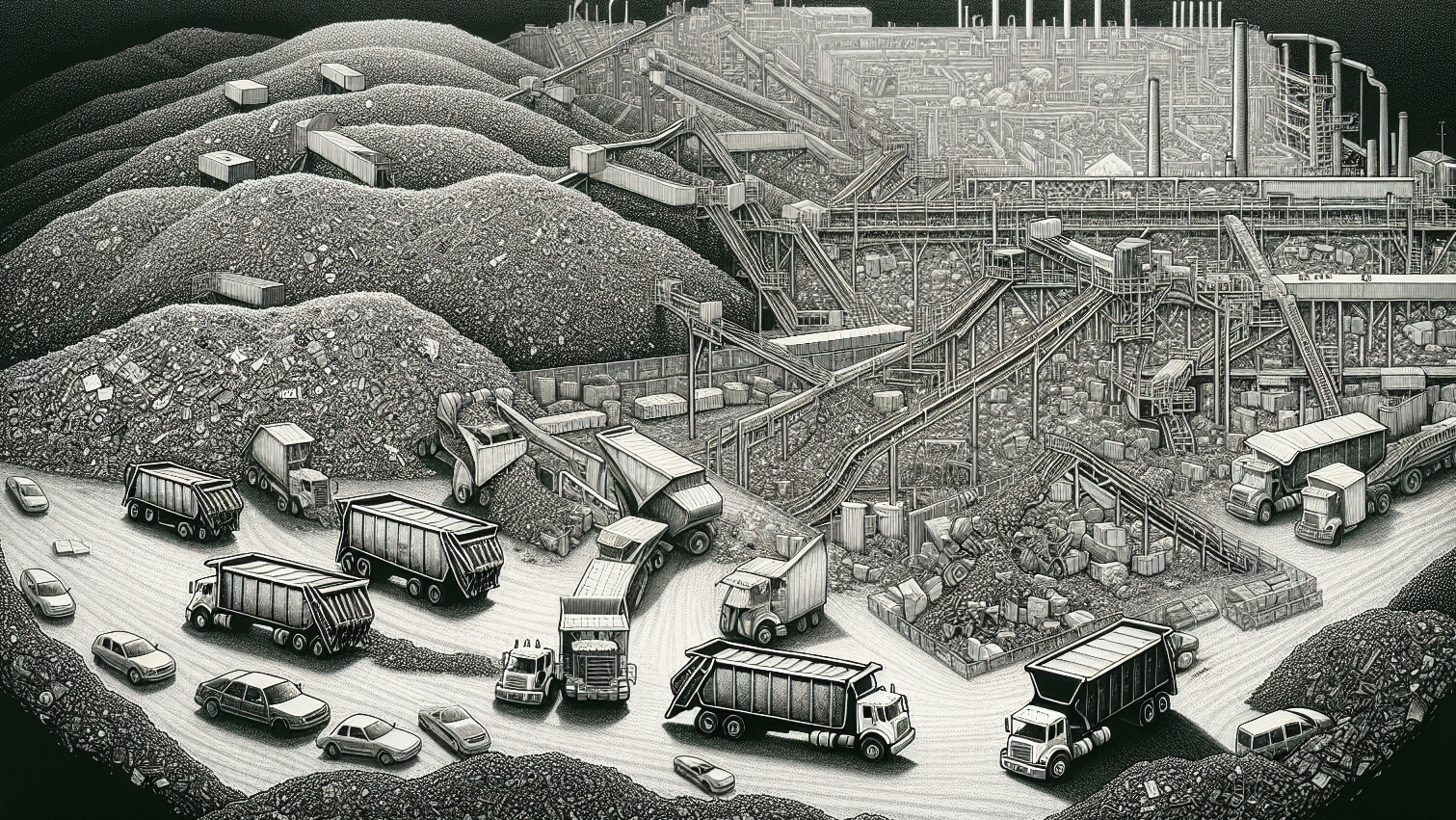Wondering where and how to recycle your old TV? You’re not alone. Many are looking for convenient and responsible ways to dispose of outdated televisions. Old television recycling ensures hazardous materials don’t harm the environment and valuable resources are conserved. In the following article, we’ll explore a range of options for recycling old TVs. Find the best solution for your needs and contribute to a greener future.
Key Takeaways
- Recycling old TVs helps reduce e-waste, conserves natural resources, and prevents the release of hazardous materials like lead and mercury into the environment.
- Free pick-up services for recycling old TVs are available through local programs, non-profits, and major retailers like Best Buy, making the disposal process convenient and eco-friendly.
- Old TVs can have a second life through selling or donation, and certain models may be valuable or useful for purposes like retro gaming, helping to avoid unnecessary waste.
Understanding Old TV Recycling
The United State produces an astonishing amount of e-waste each year. Every year, the US generates around 46 pounds of e-waste per person, yet only about 15% of this is recycled. Old TVs account for a significant portion of this e-waste.
However, not all old TVs are destined for the landfill. With the right knowledge, you can turn your ancient TV into a resource while also helping the environment. This is where TV recycling steps in. When you recycle your old or broken TV, you’re not just clearing space in your home. You’re also helping to reduce e-waste at landfills, preserving natural resources, and preventing the release of hazardous materials into the environment.
The Hazards Hidden in Your Old TV
Old CRT and flat-screen televisions might seem harmless, but hidden within their plastic casings and glass screens are toxic materials such as lead, mercury, and even arsenic.
When improperly disposed of, these hazardous materials can leak into the environment, causing serious pollution.
Specialized recyclers are well-equipped to handle these hazards. They employ complex processes to dismantle and recycle old televisions safely, preventing the release of hazardous substances into the environment. Before tossing that old TV into the trash, consider television disposal through recycling instead.
Why Recycling Makes a Difference
Did you know that recycling your old TV can actually conserve natural resources? E-waste recycling helps preserve materials such as copper, silver, and aluminum, reducing the need for mining new materials. In addition, your old TV could also contain precious metals like gold and silver, as well as critical raw materials like cobalt and palladium.
Recycling electronics can help protect our health and the health of our planet as it prevents potential air and water pollution from the mining of new resources. The next time you are in need of a TV upgrade, make sure to recycle the old one.
Finding Free Television Pick-up Services
There are plenty of free TV pick-up services out there ready to help you recycle your television. Many electronics recycling programs and retailers offer free pick-up services, making it easy and convenient for you to responsibly dispose of your old TV. You can find these services with a quick online search, or by checking out the websites of your town or county’s waste disposal company. Major electronics retailers like Best Buy also offer pick-up services. Whether you’re upgrading to a new TV or simply clearing out clutter, free TV pick-up services are always available.
Local Options for Free TV Pick-up
Looking to keep things local? There are plenty of community programs and non-profit organizations that offer no-cost pick-up services for old TVs. These services promote responsible electronics recycling, and they’re often just a quick online search away. You’re likely to find several options in your area.
Retailers Offering Electronics Take-Back
Major electronics retailers like Best Buy offer services for picking up and recycling old TVs, either for free or for a small fee depending on the item’s size and the method of recycling. Best Buy accepts a range of used electronics for recycling, regardless of where they were originally purchased.
Selling or Donating Your Outdated TV
There is an active market out there for used electronics, including old TVs. The value of old TVs can vary, but certain models, like those favored by retro gamers, may be particularly valuable. There are various avenues to sell your old TV, from online marketplaces like Facebook Marketplace to good old-fashioned garage sales. If selling seems too much of a hassle, consider donating your working old TV.
How to Prepare Your TV for Sale or Donation
Before you hand over your old TV to its new owner, there are a few things you need to do. First, erase all personal data from your old TV. This will help maintain your privacy and protect sensitive information. The best way to do this is to perform a factory reset on your old TV. This will remove personal settings and data, restoring it to its original factory settings. Be sure to follow device-specific instructions, as different types and models may require unique steps to ensure complete removal of sensitive data.
Where to Donate Your Used Television
Local charities and nonprofit organizations often accept donations of used televisions, as long as they are still functional. Some options for donating your TV include The Salvation Army, Goodwill, Community Centers, and local schools.
These organizations may accept working TV sets for resale or for those in need. Donating outdated but functional electronics not only extends their life but also supports repurposing efforts that prevent hazardous materials from harming the environment. It’s a simple act that can make a big difference.
Specialized Recyclers: A Deep Dive
Specialized recyclers initiate the e-waste recycling process by collecting electronic products and safely storing sensitive components. From there, they manually sort e-waste to remove certain items like batteries and bulbs for individual processing. Once sorted, the e-waste undergoes shredding into smaller pieces, enabling more efficient and detailed sorting of the various materials contained within.
What Happens During the Recycling Process?
Once your old TV arrives at the recycling facility, it’s carefully dismantled and the materials are mechanically separated. This often involves techniques like magnetic and water separation.
After separation, materials like copper, wood, plastic, and other precious metals are prepared for reuse or resale. By recycling your old TV, you’re not just helping to reduce e-waste – you’re also helping to conserve valuable resources.
Challenges with Today’s Televisions
Modern televisions introduce recycling challenges with their complex mix of materials, such as plastics, metals, and glass. Furthermore, recyclers face significant difficulties with newer TV models due to the presence of heavy metals and the complex disassembly that flat screens require. Despire these challenges, certifications like the R2 Standard and e-Stewards ensure that electronics, including modern televisions, are recycled in a responsible manner.
Organize an Eco-friendly Garage Sale
Another option for repurposing your TV is by organizing an eco-friendly garage sale. This can be an effective way to give your old TV a second life and divert waste from landfills. A successful garage sale requires careful planning, from selecting a visible and accessible location to setting up in an organized manner with clear pricing and item information. A garage sale has the potential to be a fun and profitable way to recycle your old electronics.
Navigating Local Laws and Regulations
It is important to understand local regulations before recycling your old TV. Over 25 states have enacted specific electronics recycling laws. That means, in some states, it may actually be illegal to simply throw your old TV in the trash.
The good news is that there are plenty of resources available to help you understand these laws. The National Center for Electronics Recycling, for example, offers an interactive map that provides information on electronics recycling laws for each state.
How to Stay Within the Law
Staying within the law when it comes to recycling your old TV can be as simple as using your local waste management services. These services can provide information and assistance on the legal options available for TV disposal in your area, ensuring compliance with state and local regulations. In places like California, for example, the Department of Toxic Substances Control regulates the management of electronic waste, including old TVs, and specifies various notification and reporting requirements that must be complied with. Always check with your local regulations before disposing of old electronics.
Additional Electronics Disposal: Beyond TVs
Of course, TVs aren’t the only electronics that need to be disposed of responsibly. Other electronic waste, or e-waste, encompasses a wide range of old electronics, including computers, smartphones, digital cameras, gaming consoles, and printers.
Just like old TVs, these items can often be recycled or disposed of through various means such as electronics pick-up by trash services, donations, and recycling facilities. Whether you’re clearing out your garage or upgrading your home office, make sure to dispose of all your old electronics responsibly.
A Unified Approach to All Electronic Waste
When it comes to disposing of electronic devices, it’s important to adopt a comprehensive strategy. This means treating all types of electronic devices responsibly to prevent environmental harm. From old TVs to toasters, each device plays a part in a collective effort to reduce environmental impact and conserve valuable resources. Whether you’re recycling your old TV or your old computer, remember that every little bit helps.
Resources for Recycling Other Electronics
Finding resources for recycling other electronics is easier than you might think. Here are some options:
- Local household hazardous waste facilities.
- Manufacturer trade-in programs.
- Retailer recycling initiatives.
- Community collection events.
These are all valuable resources for recycling common household electronic devices. Organizations such as Call2Recycle, Earth911, and GreenerGadgets also provide options for donating or recycling electronics, helping you do your part to reduce e-waste and protect the environment.
Summary
From understanding the environmental impact of old TVs to finding free pick-up services, selling or donating your old TVs, and navigating local laws, we’ve covered a lot of ground. Recycling your television no only helps protect the environment and conserve valuable resources, but it also helps you stay within the law and can even put a little extra cash in your pocket. So next time you’re upgrading to a new TV, remember to recycle your old one. You’ll be doing yourself, and the planet, a favor.
Frequently Asked Questions
Why should I recycle my old TV?
Recycling your old TV is important because it reduces e-waste, preserves natural resources, prevents hazardous materials from entering the environment, and helps you follow electronic waste disposal laws. It’s a simple way to have a positive impact on the environment.
How can I recycle my old TV?
You can recycle your old TV by arranging for electronics pick-up through your local trash service, dropping it off at a recycling facility, trading it in, returning it to the manufacturer, donating it, or using a professional junk hauling service. Many programs and retailers offer free pick-up services for electronics.
Can I sell my old TV?
Yes, you can sell your old TV through online marketplaces like Facebook Marketplace or through a garage sale.
Can I donate my old TV?
Yes, you can donate your old TV to local charities and non-profit organizations like The Salvation Army and Goodwill, or to schools, shelters, and community centers if it’s still functional. It can benefit those in need.
What happens to my old TV after it’s been recycled?
Your old TV is carefully dismantled at the recycling facility, and its materials like copper, wood, plastic, and precious metals are mechanically separated and prepared for reuse or sale, contributing to resource conservation.
